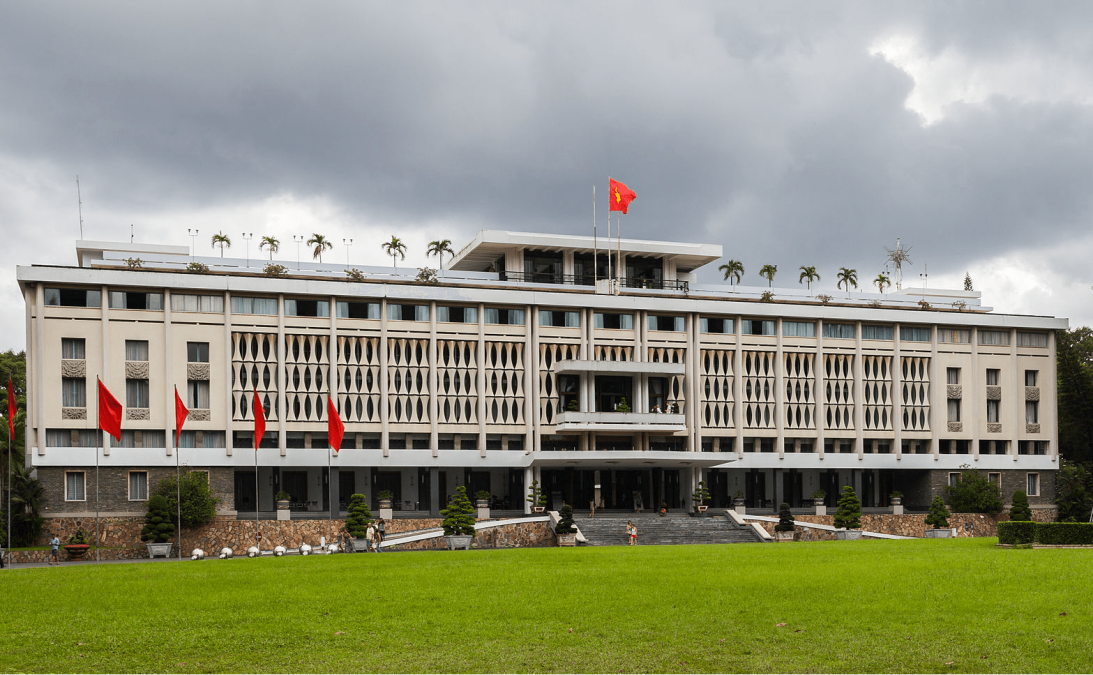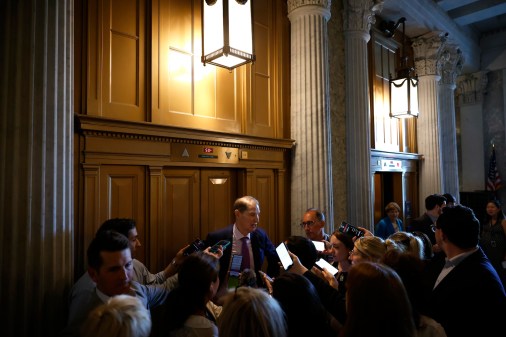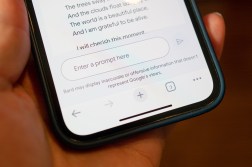Lawmakers ask Google, Facebook not to work with Vietnamese government on new data laws

A bipartisan and bicameral group of lawmakers has asked Google and Facebook not to share sensitive user data with the Vietnamese government that could enable surveillance and censorship of the country’s citizens.
The lawmakers object to a heavy-handed Vietnamese law that requires tech companies to remove content within 24 hours of getting a request from Vietnamese authorities. Three senators and 17 members of the House of Representatives wrote to Facebook CEO Mark Zuckerberg and Google CEO Sundar Pichai asking the companies not to store data in Vietnam if it means it can be seized by authorities.
The Southeast Asian country has a stifling climate for online expression, and the new law, which will take effect in January after its approval by legislators last month, will further tighten the screws. The human rights advocacy group Amnesty International urged tech companies to resist the measure, saying “this law can only work if tech companies cooperate with government demands to hand over private data.”
U.S. lawmakers are taking the same line.
“If the Vietnamese government is coercing your companies to aid and abet censorship, this is an issue of concern that needs to be raised diplomatically and at the highest levels,” wrote Sens. Robert Menendez, D- N.J., Ron Wyden D-Ore., and Marco Rubio, R-Fla.
“As members of Congress, we wish to discuss with you our concerns about the new cybersecurity law and its effects on your companies,” they wrote Tuesday.
A bipartisan group of House lawmakers penned a similar letter to Google and Facebook executives last week.
The lawmakers asked Facebook and Google to “promptly and confidentially share with the House Committee on Foreign Affairs and Senate Committee on Foreign Relations and the Department of State all requests for user data from the Vietnamese authorities and indicate which ones you complied with so we can assess who is being targeted and why.”
Vietnam is only the latest autocratic country where lawmakers have scrutinized the business footprints of U.S. tech companies. Rubio recently lamented that such companies have “prioritized market access” over U.S. officials’ concerns that doing business with Chinese telecom firms may pose a national security risk.





